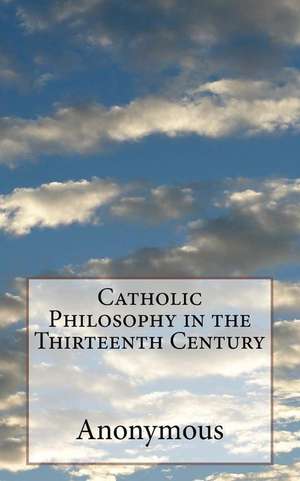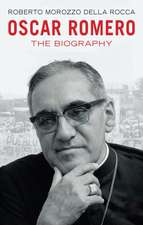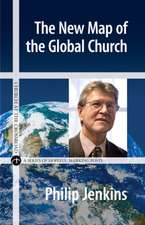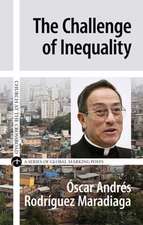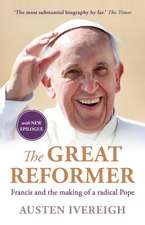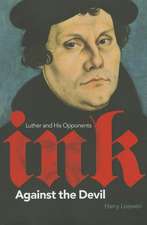Catholic Philosophy in the Thirteenth Century
Autor Anonymousen Limba Engleză Paperback
Preț: 64.04 lei
Nou
Puncte Express: 96
Preț estimativ în valută:
12.25€ • 12.83$ • 10.20£
12.25€ • 12.83$ • 10.20£
Carte tipărită la comandă
Livrare economică 31 martie-14 aprilie
Preluare comenzi: 021 569.72.76
Specificații
ISBN-13: 9781542558433
ISBN-10: 1542558433
Pagini: 58
Dimensiuni: 127 x 203 x 4 mm
Greutate: 0.07 kg
ISBN-10: 1542558433
Pagini: 58
Dimensiuni: 127 x 203 x 4 mm
Greutate: 0.07 kg
